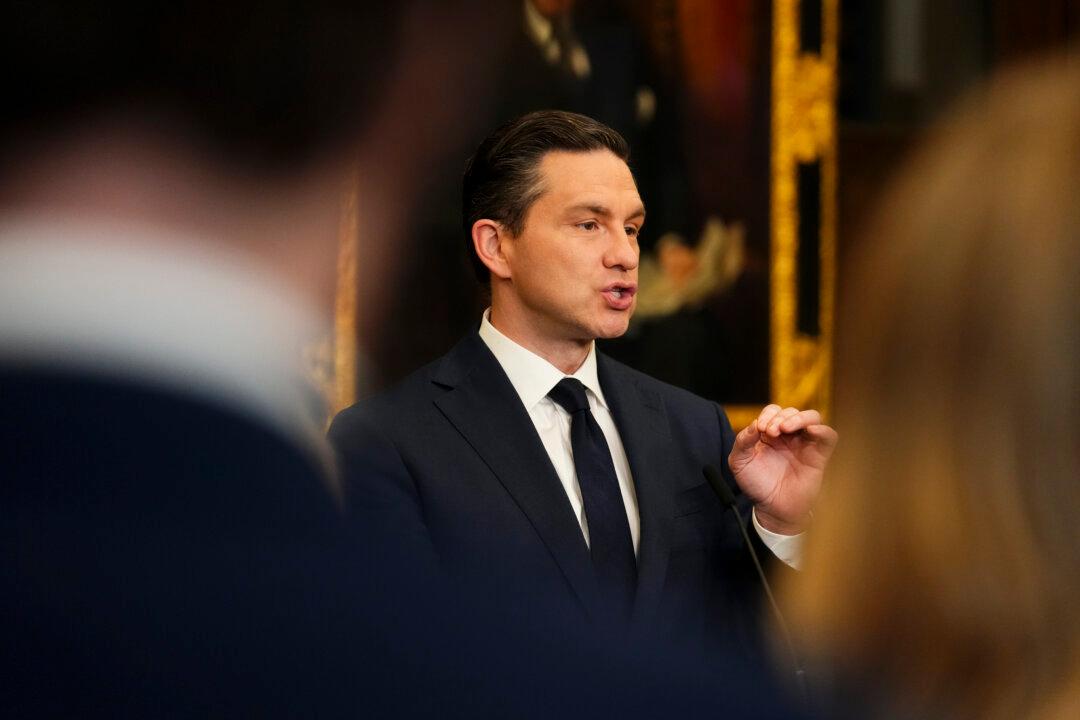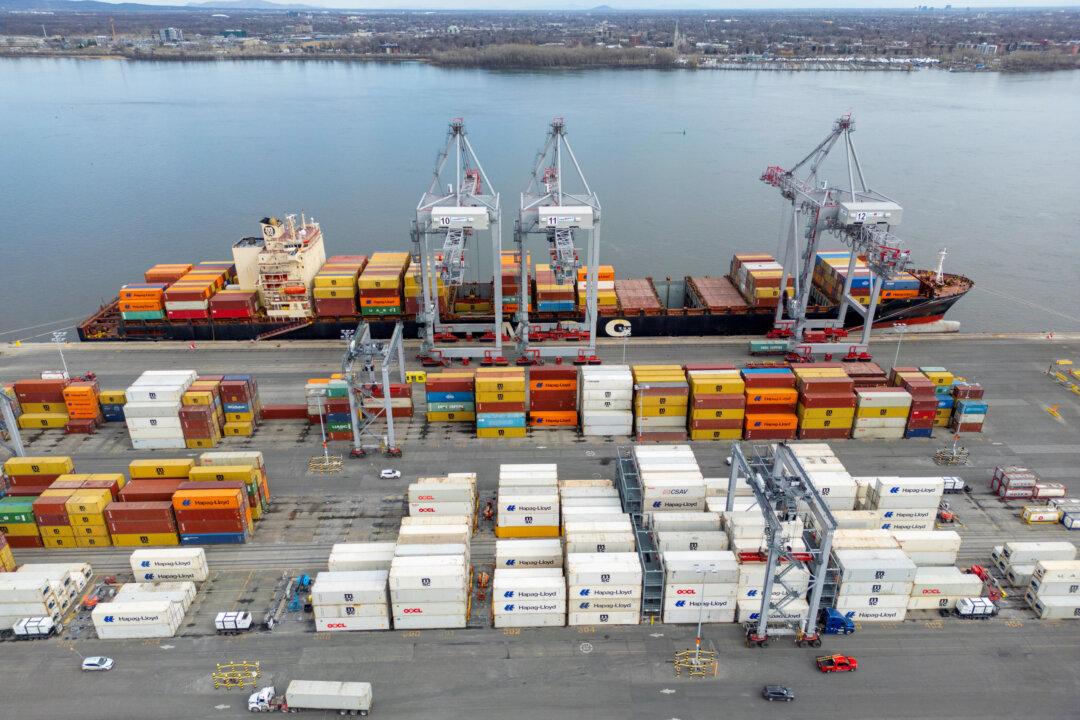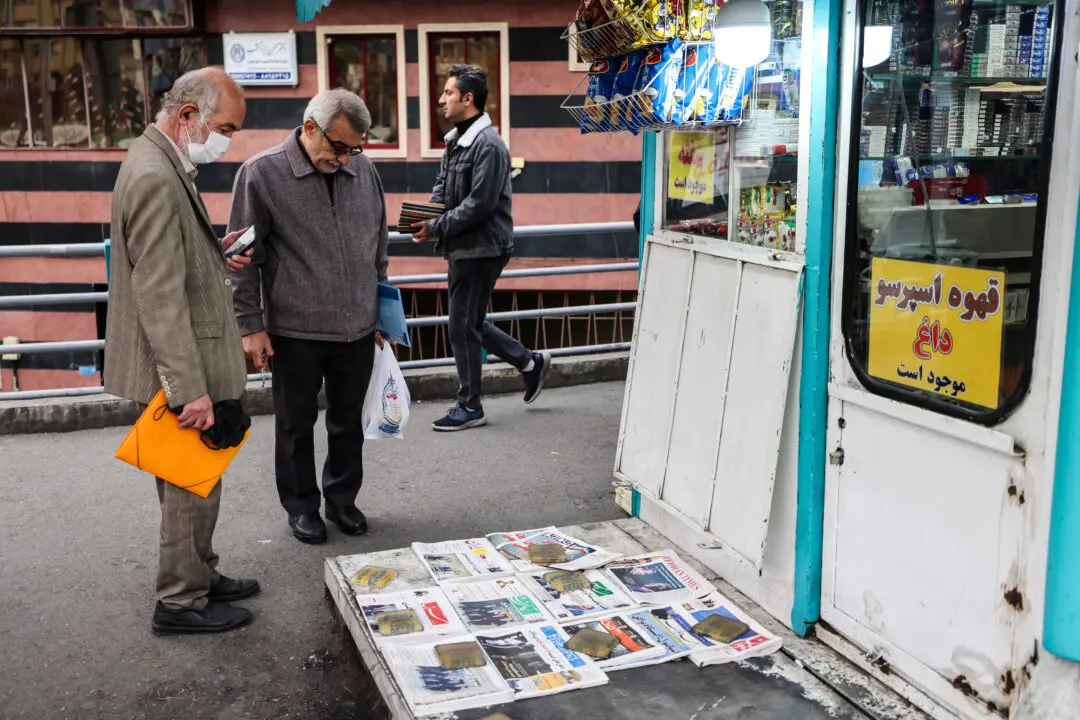Canada’s Auditor General Karen Hogan didn’t mince words when she explained the findings of her long-awaited report on the ArriveCan application.
“I’ve been an auditor for a few decades. I’ve been the auditor general for almost four years now, and I would tell you that this is probably some of the worst financial record-keeping that I’ve seen,” Ms. Hogan told reporters at a press conference on Feb. 12.





